When Apple announced support for podcasts in iTunes, the movement of podcasting was christened and blessed, but it still had a ways to go. Early podcasts were mostly split between two categories: the standard “two dudes talking” podcast and re-uploads of NPR shows. While the most popular podcasts still fall into these categories, it was the podcasts that would follow that would innovate within the medium and let podcasts grow into their own right.
The biggest shift, by far, has been the rise of podcasts that justify the need to BE podcasts. You probably think of a handful, but the biggest by far is Serial. It was a show that grew alongside its audience. Both Sarah Koenig and the more than 5 million people who downloaded Serial every week had no real clue where the case of Adnan Sayed would end up and, when Serial did conclude its first season, I imagine she was just as disappointed as we were with the dead ends it left us on. Serial could have never been put to air for several reasons: it’s episode lengths varied wildly, the subject matter was too taboo, and it didn't end cleanly. That last reason is why TV never would have taken it either; networks like conclusions and nicely wrapped packages, Serial had none of those things. It’s spinoff show, S-Town, also told an intriguing story, but also would have never carried enough weight to justify a TV or Radio presence.
Critical Mass
Serial brought with it an unprecedented awareness of podcasts which can probably be directly linked to the success of the handful of independent podcast networks that would be started in its wake. These networks give support to shows that probably would have been lost to ambiguity in a pre-Serial world: improvisational “Shark Tank” spoofs, people arguing for hours about video games and comics, women talking about the experience of being Black, female, and single in New York, all of these podcasts have found audiences of varying size because of the strength of their networks, while not having to deal with the overwhelming stress that comes with a film or TV deal from a more mainstream media network.
Another large presence in podcasts is, oddly enough, YouTube creators. Personally, my favorite shows come from people who found initial success on YouTube, and they bring with them even more people who mostly consume their content online. Depending on the creator, their podcast will exist either alongside or separately from their channel. Some creators, film critics in particular, use their podcasts to discuss further what they said in a 4-10 minute movie review. Others merely use their podcast to talk about things that do not fit in with the “brand” of their channel. My favorite podcast, Hello Internet, is run by two huge education Youtubers: CGP Grey and Brady Haran. They use their show to talk about media, culture, and the world at large. While the podcast is entirely different from the carefully curated content that makes it to their YouTube channels, it is nonetheless entertaining. I expect more YouTubers to enter the podcast space as the promise of more loyal advertisers and a YouTube algorithm that favors longer videos both become stronger influences in their lives, and I’m excited to see what ideas they bring to podcasting.
What’s Next?
Podcasts are still a growing medium, and everything looks as if it is at a tipping point. Brands and creators are still after the NEXT medium, and podcasts certainly have the potential to be that medium. Podcast listeners engage with advertisers at a much higher rate than any other medium, and they are much more loyal to the shows they follow as well. Brands looking to start projects as podcasts may find relief not having to compete in busy time slots, or higher budgets. Anyone with a half-decent editing skills, a good idea, and a microphone can make a podcast worth listening to. There is, however, one big hurdle for podcasts that I have yet to see a solution for. There is no real way to discover new podcasts related to the ones I listen to. In other words, there isn't yet a “Netflix for podcasts.” To build such an application would require a bot capable of listening to every podcast in the iTunes catalogue, transcribing keywords, and sorting it into the relevant genres. Then, it would need to determine which shows are actually good before recommending it to a user. Such a bot would be expensive to build and run, but it would finally give podcasts the same ease of discovery that Netflix and YouTube have pioneered, and give podcasters the tool they've needed to expand their audience.
About the Author
Samuel Polay is a blogger and podcaster from Atlanta, GA currently living in Austin, Texas. His site, Culture Vacuum, and its accompanying podcast (also called Culture vacuum) focuses on the world of entertainment and movies diving deeper into why some stories matter and why others don’t. He also hosts the improv based podcast Unwatchable with his two best friends from high-school and the interview podcast Camper Berries with his best friend from Summer camp.



